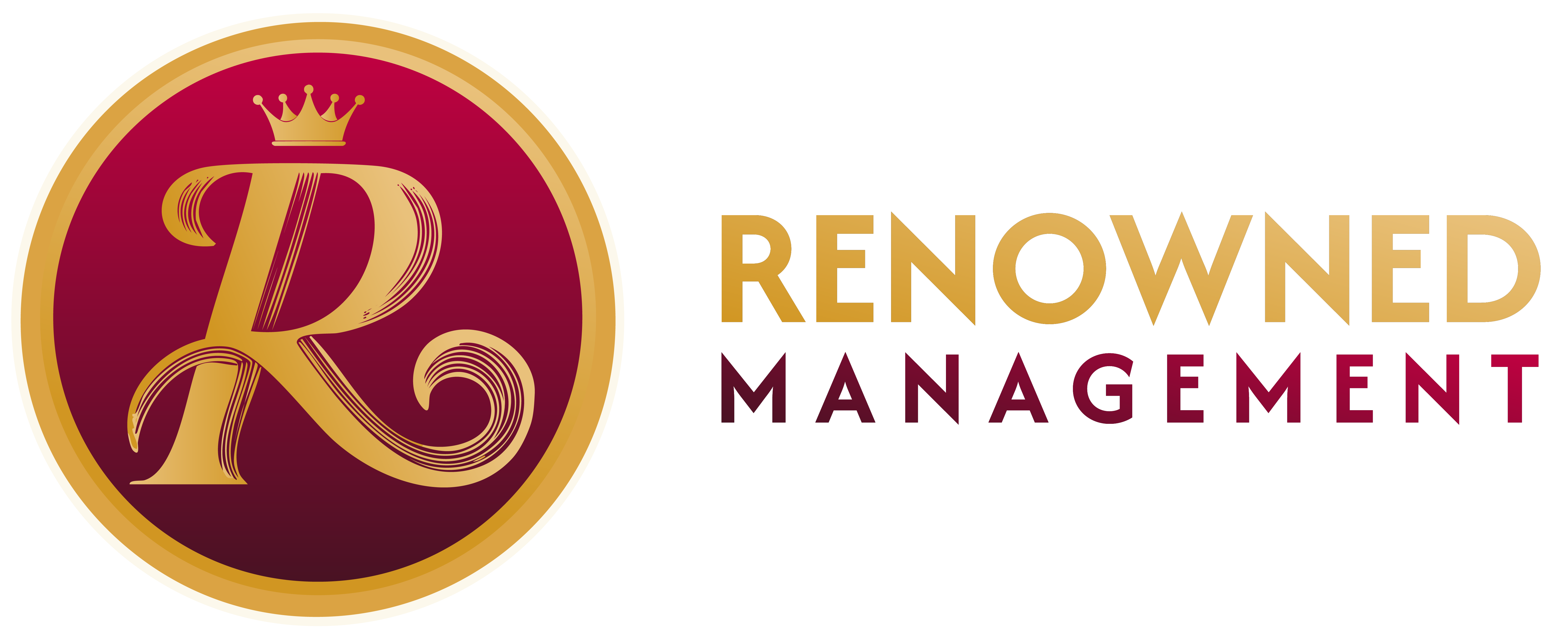Product innovation, smart marketing, and operational discipline often dominate conversations around growth. These elements are undoubtedly vital but rarely achieve their full potential in isolation. What frequently gets overlooked is the crucial role played by the sales team.
Sales training is the missing link in most growth strategies. Without it, your business may have the perfect product and a brilliant message, but no one can close the deal. The entire growth engine suffers when your team lacks the skills to navigate objections, build relationships, and convert leads.
This blog explains why investing in your sales team’s development is the smartest move your growth strategy might be missing.
Growth Hinges on More Than Just Product and Marketing
It’s easy to assume that a great product and strong marketing will naturally lead to sales. However, success depends on the people responsible for converting interest into action. Your salespeople are the bridge between your business and your customers. If that bridge is shaky, even the most polished strategies can collapse.
Sales training and development create that structural integrity. Training ensures your team can effectively communicate product value, personalize their pitch, and confidently handle objections. Without it, even the best marketing campaigns may result in unconverted leads.
Why Sales Training Is More Than Just a One-Time Event
Sales training shouldn’t be treated as a one-time onboarding event. The market evolves, buyers change, and new products are introduced. Continuous development equips your team with the agility to stay ahead.
When training becomes part of your company culture, it improves team retention, strengthens individual confidence, and fosters a growth mindset. Companies with ongoing training outperform competitors by consistently refining their approach and adapting to change rather than reacting to it.
Here are a few more reasons why consistency in training matters:
- Builds Mental Agility to Handle Unpredictable Sales Scenarios: Reps become more confident when exposed to various challenges in training environments.
- Keeps Your Team Aligned With Evolving Customer Expectations: Regular training integrates the latest insights into buyer behavior, keeping your messaging sharp.
- Boosts Peer Learning and Collaboration: Team cohesion and performance naturally rise when learning becomes a shared experience.
Bridging the Gap Between Strategy and Execution
Every brilliant marketing strategy still requires someone to deliver the message, persuade the prospect, and close the deal. That responsibility falls squarely on your sales team.
Sales training equips them with tools to execute strategy, not just recite value propositions. It aligns sales efforts with brand messaging, helping avoid inconsistencies that confuse customers or weaken trust. Without training, even the best-planned campaigns can fail in execution, leading to lost revenue and fractured brand experiences.
Core Benefits of Investing in Sales Training
Sales training isn’t just about teaching reps how to sell—it’s about empowering them to succeed consistently and ethically. Here are the key advantages that directly impact your growth strategy:
- Improved Communication and Persuasion Techniques: Tailored conversations that resonate with different customer types become second nature. Sales professionals develop the ability to match their tone, language, and message to each audience they encounter.
- Better Objection Handling and Higher Closing Rates: Confidence and clarity turn roadblocks into opportunities. With structured training, reps develop a toolkit of strategies to address resistance and move conversations forward.
- Enhanced Customer Relationships and Loyalty: Trust is built through meaningful, value-driven interactions that generate repeat business. Strong relationships lead to referrals and a more stable client base.
- Increased Team Morale and Reduced Turnover: People stay where they feel invested in—training creates purpose, not just pressure. Employees who receive ongoing development are more motivated and committed to long-term goals.
- Higher Productivity and Sales Efficiency: A well-trained team spends less time on trial-and-error and more time achieving results. Efficient reps focus their efforts strategically and maximize their performance.
- Data-Driven Decision-Making in the Sales Process: Training introduces tools that help teams act on insights rather than intuition. Salespeople learn to use data to prioritize leads, measure effectiveness, and improve over time.
- Greater Adaptability in Competitive, Fast-Changing Markets: Resilient teams pivot clearly when markets shift. A trained salesforce responds to challenges proactively, keeping your business agile and competitive.
Traits of the Best Sales Training Programs
Not all programs deliver lasting results. The best sales training programs are tailored, immersive, and aligned with your organization’s unique goals. Below are the key traits to look for:
- Personalized Content Tailored to Role and Experience Level: No two salespeople are the same, and training must reflect that. Customized content ensures relevance, boosts engagement, and addresses individual growth areas.
- Interactive Formats Like Role-Play and Live Feedback: Real-time learning strengthens confidence and competence. By simulating real-world challenges, participants refine their techniques in a risk-free environment.
- Clear KPIs and Measurable Progress Milestones: Performance must be trackable and actionable. Clearly defined benchmarks empower teams to monitor progress, adjust strategies, and celebrate tangible wins.
- Ongoing Mentorship and Reinforcement: Sales excellence is built over time, not through one-off events. Long-term coaching fosters continuous improvement, accountability, and a deeper commitment to excellence.
- Flexibility for Hybrid or Remote Teams: Accessibility is essential for modern, distributed teams. Great programs adapt to different schedules and learning styles without compromising quality.
- Real-World Scenario-Based Learning: Contextual examples make training relatable and immediately usable. Teams develop confidence by solving challenges that mirror their actual sales environments.
- Inclusion of Soft Skills Development: Effective sales training includes emotional intelligence, active listening, and empathy. These soft skills help reps build stronger connections and trust with clients.
- Incorporation of Technology and Tools: Modern training integrates CRM platforms, analytics dashboards, and virtual collaboration tools. This ensures teams are not only skilled but also tech-enabled.
- Scalability Across Departments and Locations: The best training programs grow with your business. Scalable models ensure consistency in quality and performance, whether onboarding new hires or upskilling senior reps.
How Sales Training Fits Into a Holistic Growth Strategy
A true growth strategy doesn’t isolate departments. It harmonizes them. Sales training is the glue that brings alignment between marketing, product, customer service, and leadership.
Here’s how sales training connects every area of your business into one cohesive growth machine:
- Aligns Sales With Marketing Objectives: Trained teams understand how to mirror campaign messaging, ensuring prospects hear a consistent story. This makes marketing efforts more effective by reinforcing brand promises in live interactions.
- Strengthens Product Knowledge Across Channels: Salespeople trained in product updates and use cases can provide accurate, compelling information to prospects. Their insight feeds back into product teams for smarter iterations.
- Bridges Communication Between Teams: Training initiatives often involve cross-department collaboration, encouraging better communication. This ensures sales feedback influences both product development and marketing strategy.
- Creates Consistent Customer Experiences: With a uniform understanding of the brand message and process, customers receive consistent, high-quality service at every stage. That continuity builds credibility and loyalty.
- Empowers Leadership With Measurable Insights: A well-trained team generates data leaders can use to refine forecasts, shape company goals, and drive performance. Training programs introduce tools that measure effectiveness and team alignment.
- Promotes a Unified Culture of Growth: Training reinforces shared goals and values, creating cohesion across departments. Everyone works with the same playbook, driving momentum forward collectively.
- Improves Customer Service Interactions: When salespeople are trained to understand client needs deeply, customer support teams benefit from smoother transitions. This harmony enhances post-sale satisfaction and retention.
When trained, sales teams internalize the company’s mission, values, and messaging. They become ambassadors who sell the product and embody the brand. That consistency increases trust and ensures every customer touchpoint reinforces your value proposition.
The Cost of Ignoring Sales Training
Neglecting sales training has real consequences. Untrained teams often miss opportunities, rely on guesswork, and struggle with performance consistency. Skipping structured sales training creates a chain reaction that gradually weakens your team’s effectiveness and long-term growth potential. The following consequences show just how damaging this oversight can be:
- Missed Revenue From Unconverted Leads: Salespeople fail to close deals without effective training, leaving money on the table and damaging forecasting accuracy. Over time, these missed opportunities compound, stalling overall revenue growth and weakening your sales funnel.
- High Employee Turnover Due to Stress and Lack of Support: When reps feel unsupported or ill-equipped, burnout follows. This leads to costly hiring cycles, inconsistent performance, and lost institutional knowledge.
- Disconnected Messaging That Weakens Brand Integrity: Poorly trained reps often communicate inconsistently. Incoherent messaging erodes trust, making it difficult for prospects to understand your brand’s value fully.
- Low Morale and Poor Team Dynamics: Sales teams lacking development struggle to collaborate and compete. This creates a negative culture where underperformance becomes normalized.
- Slower Ramp-Up Time for New Hires: New team members take longer to become productive without a structured training system. This strains existing staff and delays the return on your hiring investment.
- Reduced Confidence in Customer Interactions: Untrained reps hesitate in conversations and avoid high-stakes opportunities. They lack the conviction to handle complex objections, which results in lost credibility.
Making Sales Training a Strategic Priority
Sales training should be a key strategic priority alongside marketing and product development. A meaningful training program starts with leadership alignment, clear objectives, and consistent execution over time. It’s not a check-the-box task but an ongoing investment that connects development to measurable business outcomes.
Making sales training a long-term strategy means building it into the company’s fabric. From performance benchmarks and feedback loops to aligning with future goals, the most effective programs are those that evolve with your business. A thoughtful training strategy doesn’t just sharpen individual skills—it cultivates a motivated, resilient, and adaptable team that drives real, lasting growth.
Fuel Your Growth With Renowned Management’s Sales Training Approach
Sales training is not just an operational upgrade—it’s a transformative force that drives long-term business growth. When companies put their people first by offering strategic development, they empower their teams to perform consistently at a higher level.
From brand alignment to closing skills, every piece of your strategy depends on the people who represent it. If your sales team isn’t continuously improving, neither is your ability to grow, compete, or lead in your market.
Developing top-tier sales talent doesn’t happen by accident. That’s why Renowned Management prioritizes bold, practical, and personalized training that equips professionals to thrive. Salespeople here are more than closers—they’re brand champions committed to results.
Ready to raise the bar? Contact us today to further your growth strategy with sales training that truly delivers.

